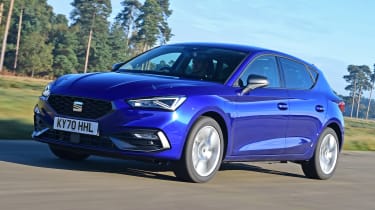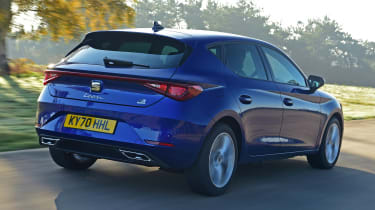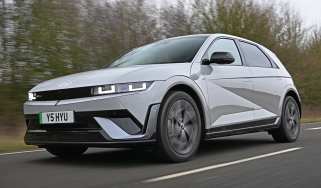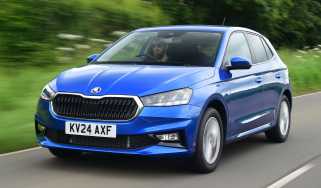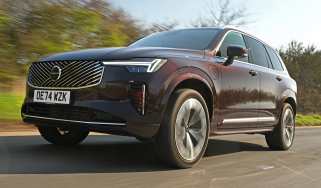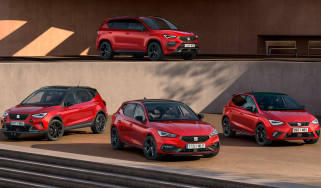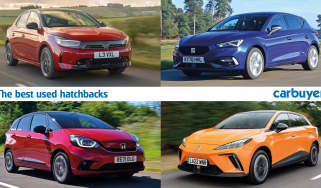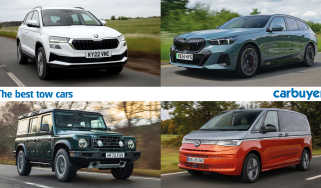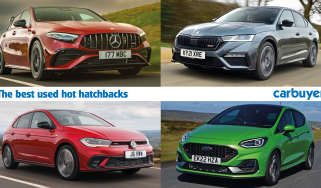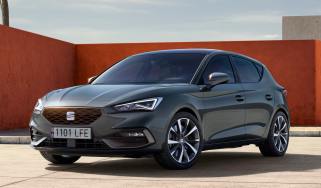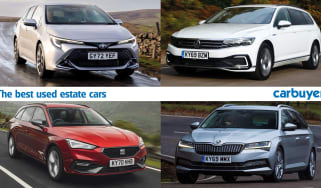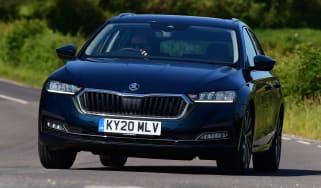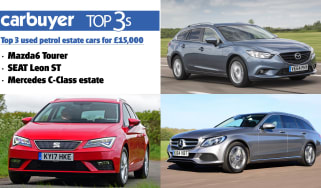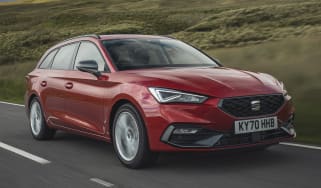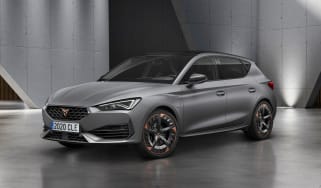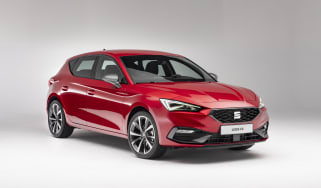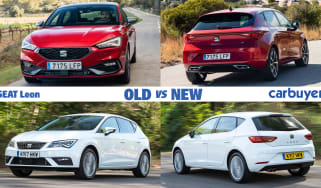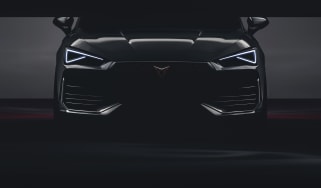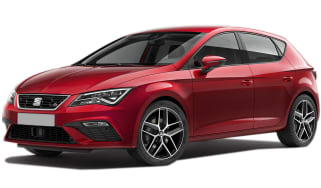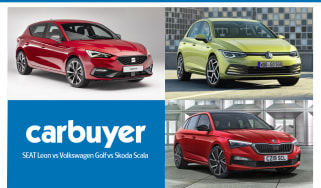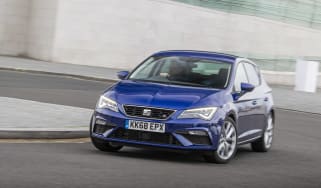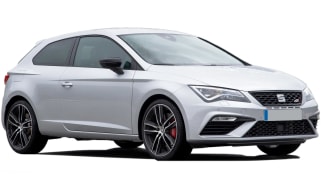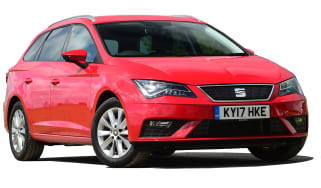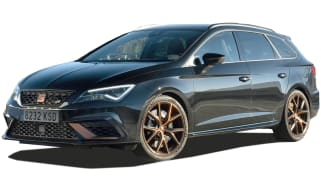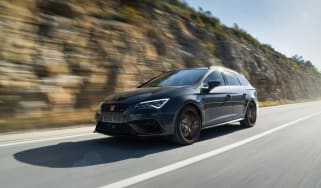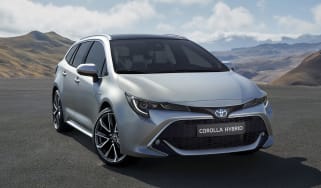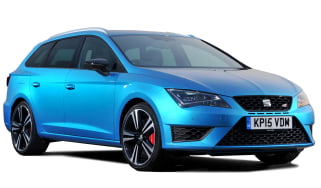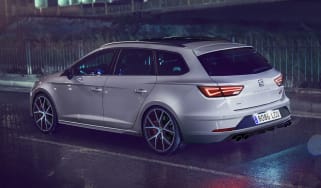SEAT Leon review – a good-to-drive family hatchback
"New technology narrows the gap between the SEAT Leon and the latest VW Golf"
Pros
- Impressive interior
- More passenger space
- Good to drive
Cons
- Conservative looks
- Average boot space
- Average warranty
Verdict – is the SEAT Leon a good car?
The SEAT Leon is a great hatchback from the Spanish brand, and despite previous versions living much of their life in the closely related Volkswagen Golf’s shadow, it’s now genuinely a car buyers could consider in its own right, rather than just because it costs less. It feels good to drive, sophisticated, and is more practical than the old model, so deserves as much, if not more attention than some of its big-name rivals.
SEAT Leon models, specs and alternatives
We’re going to be frank – you’d be forgiven for having forgotten about the SEAT Leon. As the market moves away from family hatchbacks and towards SUVs, it’s vying for the last scraps of attention mostly taken by cars like the Volkswagen Golf, Ford Focus or Vauxhall Astra, but it ought to be on your radar if it isn’t already.
The Leon is closely related to other cars in the Volkswagen Group, such as the aforementioned Golf, the Skoda Octavia and the upmarket Audi A3, but starting from just under £25,000 it’s a big chunk cheaper than those stablemates. The Leon even has an upmarket performance version under another sister brand, called the Cupra Leon.
However, it’s not just cheaper than those cars, it’s also got its own unique look that arguably makes the Volkswagen Golf look rather conservative in comparison. The SEAT Leon also has a slightly greater focus on driving feel compared with a standard Golf or Skoda Octavia.
Compared to the previous-generation SEAT Leon, the latest model has grown in size with a longer wheelbase and curvy, muscular design. There’s a full-width light bar at the rear and small grille and sleek headlights at the front. When the Cupra Leon launched, it looked very similar with a bodykit and sporty touches, but has since been facelifted and given a more distinctive look.
More reviews
Improvements to quality are most apparent on the inside of the Leon – a neat 10-inch infotainment screen, crisp digital dials, cool ambient lighting and attractive materials all around the cabin mean some may even prefer the Leon’s interior to the Golf’s. Its wheelbase is also 50mm longer than that of its predecessor, which makes it a more generously proportioned car for families; there’s more space in the back for adults and larger door openings, although its 380-litre boot is average for its class.
An update in May 2024 has slimmed down the engine range, so it now consists of standard petrol, mild-hybrid and plug-in hybrid versions of the 1.5-litre TSI engine in a choice of power outputs, plus a 2.0-litre diesel option, as the brand has removed the previous entry-level 1.0-litre TSI petrol.
For a more performance-focused hot-hatch version of the SEAT Leon, buyers might consider the Cupra Leon – Cupra was previously offered as a performance trim level on a number of SEAT models, but has been a fully-fledged VW Group brand since 2018.
On the road, the Leon drives with a slightly sportier feel than the Golf on which it’s based. On a challenging road, the sense of connection between the surface and driver is increased by a few notches, but this also makes the Leon slightly less comfortable on UK roads than the Golf. This is exacerbated by the FR trim, with stiffer suspension, so the SE Dynamic model offers the best balance of comfort and equipment.

